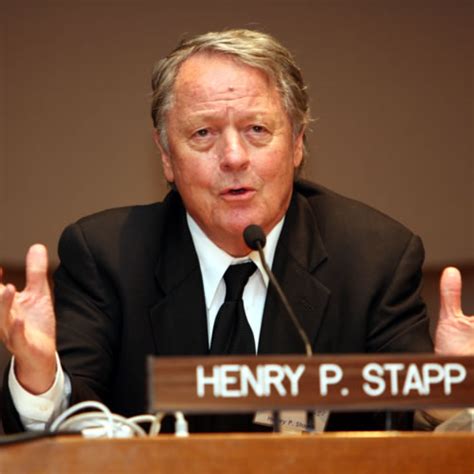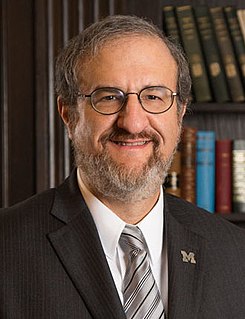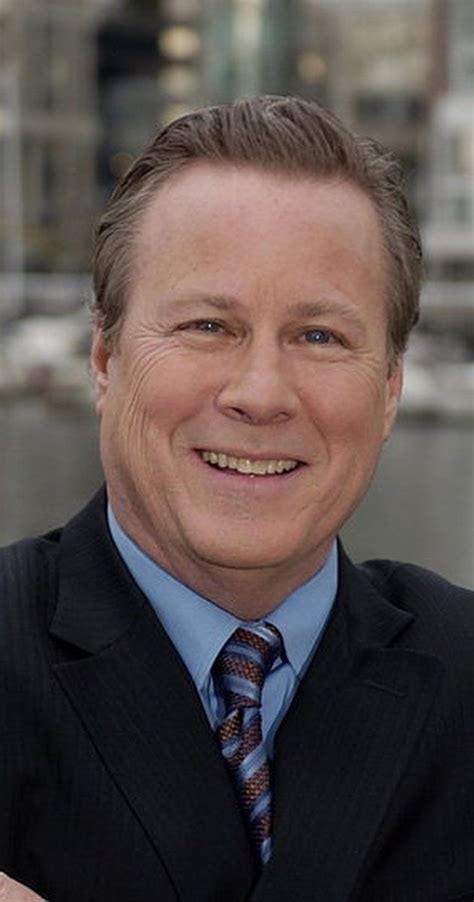A Quote by Mark Walport
People have extreme beliefs about whether it is right for humans to tamper with embryos in any way at all. Sometimes the values discussion gets conflated with the science discussion. We shouldn't pretend we're having an argument about science when we're having an argument about values.
Related Quotes
The values of science and the values of democracy are concordant, in many cases indistinguishable. Science and democracy began - in their civilized incarnations - in the same time and place, Greece in the seventh and sixth centuries B.C. . . . Science thrives on, indeed requires, the free exchange of ideas; its values are antithetical to secrecy. Science holds to no special vantage points or privileged positions. Both science and democracy encourage unconventional opinions and vigorous debate. Both demand adequate reason, coherent argument, rigorous standards of evidence and honesty.
I was a human rights lawyer for 20 years, I believed those values of dignity, equality and non-discrimination were a given. believed the only question in my lifetime would be - how much further do we extend those values? I did not think in my lifetime we'd actually be having an argument about those values.
Our beliefs about ourselves in relation to the world around us are the roots of our values, and our values determine not only our immediate actions, but also, over the course of time, the form of our society. Our beliefs are increasingly determined by science. Hence it is at least conceivable that what science has been telling us for three hundred years about man and his place in nature could be playing by now an important role in our lives.
Try to find someone with a sense of humor. That's an important thing to have because when you get into an argument, one of the best ways to diffuse it is to be funny. You don't want to hide away from a point, because some points are serious, but you'd rather have a discussion that was a discussion, rather than an argument.
I think we at the faculty level have to model this behavior of having people that really truly disagree with one another be able to discuss those beliefs with one another at the level of discussion and argument and not at the level of, you know, personal attack so that our students can learn how to do that, too.
I look to Islamic ethics to find something that can provide the basis for shared values with other traditions, and ultimately universal values. This ties into the point I made in a book, 'The Quest for Meaning', that the only way for values to be universal is if they are shared universal values. My main point is, in this quest for value the aim is not to express your distinctness from others, but about being able to contribute to the discussion of universal value.
The part of the strangeness of coming back from the war is the way we talk about it. We try to have a discussion about the war that doesn't turn into a discussion about one political side or the other. I wanted to reach out and talk to people about it through fiction, the way a narrative can draw someone in and ask them those questions.
Ultimately, the current argument is "not having net neutrality will hurt innovation," and you can make that argument, but I would rather make the public good argument, which is not just about innovation or nurturing new companies that will add to the nation's GDP, it's actually about creating a democratic public sphere.
I did a film about child abuse with the great producer-director Richard Donner, Radio Flyer. Again, I was replacing somebody, but Lorraine Bracco was in it, and they wanted me as the cop in the thing to fall in love with Lorraine, but I said I wouldn't. I mean, I'm a cop, and she's ignoring that her kids are being beaten up by their stepfather. And we had an argument... well, not an argument, but a discussion about it. I said, "I just don't feel right. It's like you're taking everything away from the reality of the movie. Aren't you kind of idealizing this a little bit?



































